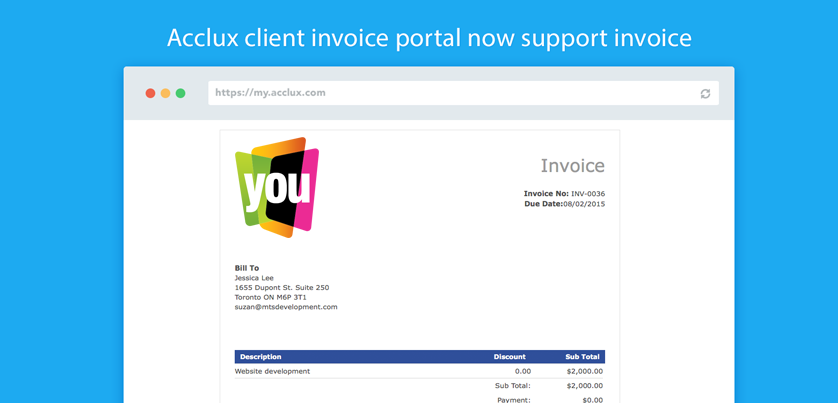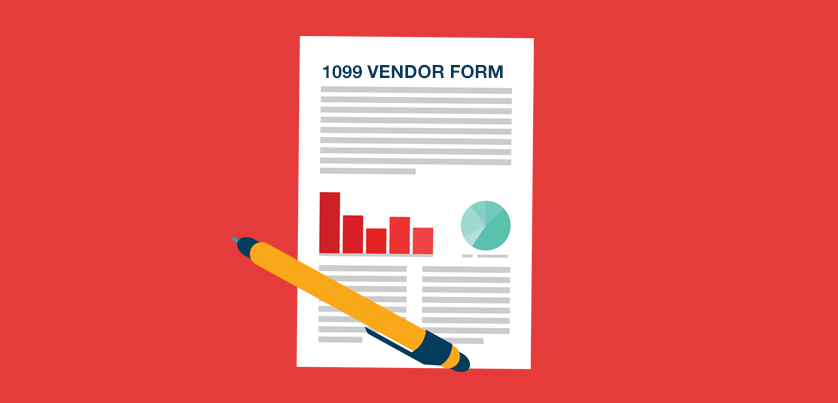Home
August 25 , 2014
Project Management Small business Working with team Small projects
5 common mistakes on managing multiple small projects
|
|
Tweet |
|
August 25 , 2014

Working on small projects seems to be easier and less complicated than working on large ones, but, actually it has its own challenges, especially if you are working on multiple small projects. You need to take care of many projects at the same time and make sure you are not overdue their deadlines. Because they are small projects, sometime it skipped planning, underestimated required time and one project get more focus and priority than the other ones. The key to ensuring smooth functioning of all your projects at the same time is to have a good planning, clear definition of all the project tasks and whos responsible for each task.
Below are common mistakes you can avoid when you are managing multiple small projects:
1- No planning for each project
Small projects are usually left with no planning either because you think there's no need to put a plan for such small projects or there's no time for planning them. Although you think you are saving time by skipping planning, but the time you spent on planning these projects will save a lot time in the next stages of these projects and ensure that you will stay in control of all projects. Planning is the key success to manage small projects. You must define each project's task even it's a small task, as long as it will be done by one of your team then it must be defined, also you need to put a milestone with a deadline for each stage of your project for easier flowing project's progress.
2- Unrealistic deadlines for milestone or for the entire project
Because these projects are small they usually underestimated and end up with putting deadlines that can be met, because either you didn't consider all the project tasks, you didn't consider other projects that currently running or you didn't consider the capacity your team. You can avoid this problem by clearly define the time for each task and assign this task to a proper team member.
3- No clear task delegation
Although you planned your project and defined its tasks, this planning means nothing if you didn't Clearly define who's responsible for each task. By doing so you will have a full view of your team capacity and you will know whether you can take new project or not.
4- poor communication with your team
Because your project is small, you may think that it will flow smoothly and there will be no problems along the way, but problems happened and with no communications with your team, tasks may be delayed waiting for discussion or response about it. Having a good communication with your team will ensure the smooth running of your projects and help you to respond faster to each problem or issue happened .
5- Not following of project progress
Following the project progress is also important because you can tell which project are on the plan and which are not so you can make necessary changes on tasks priority or delegation to ensure the delivery your projects in its time.
Managing small projects can be tricky and required a good planning and follow up for each project along the way, using the right tool to help you plan your projects and tasks will save you a lot of time and will ensure the smooth running for all projects.
Related Articles
5 reasons why you should be tracking your team time?
How to have a better time management using my calendar?
How to speed up with your creative work?
1- No planning for each project
Small projects are usually left with no planning either because you think there's no need to put a plan for such small projects or there's no time for planning them. Although you think you are saving time by skipping planning, but the time you spent on planning these projects will save a lot time in the next stages of these projects and ensure that you will stay in control of all projects. Planning is the key success to manage small projects. You must define each project's task even it's a small task, as long as it will be done by one of your team then it must be defined, also you need to put a milestone with a deadline for each stage of your project for easier flowing project's progress.
2- Unrealistic deadlines for milestone or for the entire project
Because these projects are small they usually underestimated and end up with putting deadlines that can be met, because either you didn't consider all the project tasks, you didn't consider other projects that currently running or you didn't consider the capacity your team. You can avoid this problem by clearly define the time for each task and assign this task to a proper team member.
3- No clear task delegation
Although you planned your project and defined its tasks, this planning means nothing if you didn't Clearly define who's responsible for each task. By doing so you will have a full view of your team capacity and you will know whether you can take new project or not.
4- poor communication with your team
Because your project is small, you may think that it will flow smoothly and there will be no problems along the way, but problems happened and with no communications with your team, tasks may be delayed waiting for discussion or response about it. Having a good communication with your team will ensure the smooth running of your projects and help you to respond faster to each problem or issue happened .
5- Not following of project progress
Following the project progress is also important because you can tell which project are on the plan and which are not so you can make necessary changes on tasks priority or delegation to ensure the delivery your projects in its time.
Managing small projects can be tricky and required a good planning and follow up for each project along the way, using the right tool to help you plan your projects and tasks will save you a lot of time and will ensure the smooth running for all projects.
Related Articles
5 reasons why you should be tracking your team time?
How to have a better time management using my calendar?
How to speed up with your creative work?
Share this article
|
|
Tweet |
|
Articel Tags
Project Management Small business Working with team Small projects
















